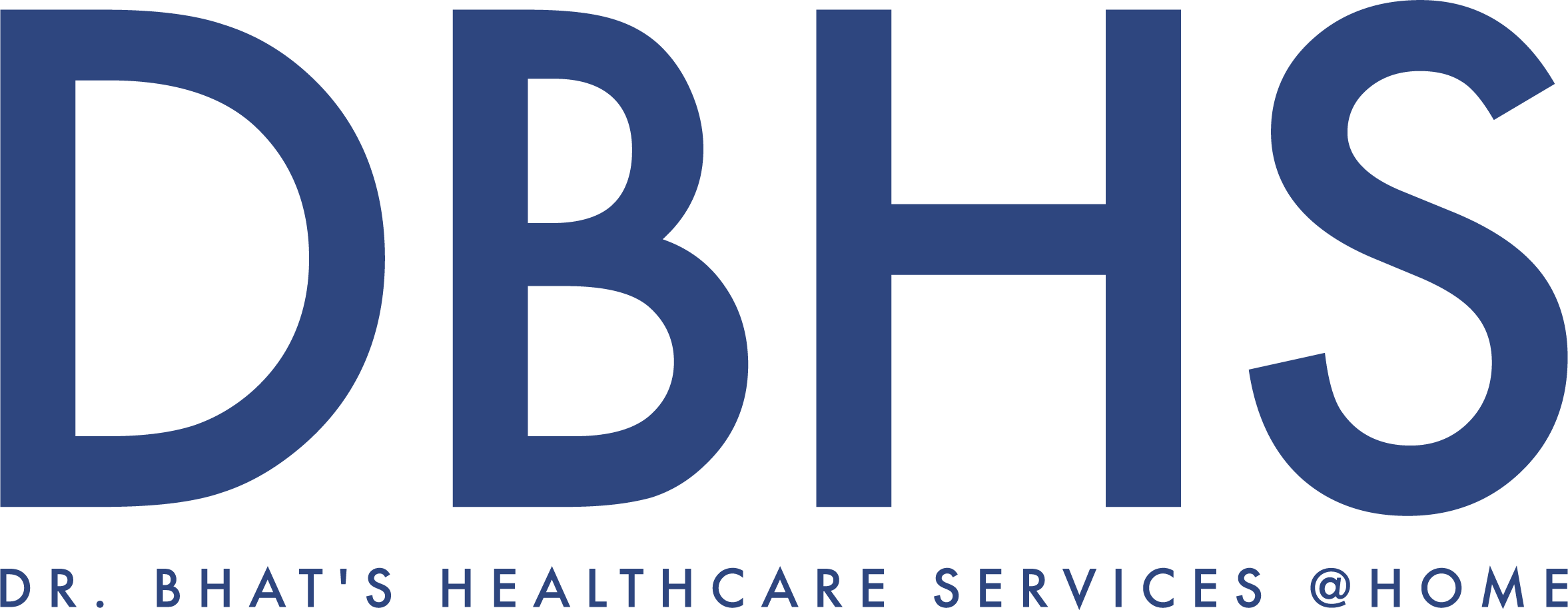Intuit does not endorse or approve these products and services, or the opinions of these corporations or organizations or individuals. Intuit accepts no responsibility for the accuracy, legality, or content on these sites. This website is using a security service to protect itself from online attacks. There are several https://www.businessexpoli.com/how-to-start-a-petrol-station-business-in-the-uk actions that could trigger this block including submitting a certain word or phrase, a SQL command or malformed data. Get $30 off your tax filing job today and access an affordable, licensed Tax Professional. With a more secure, easy-to-use platform and an average Pro experience of 12 years, there’s no beating Taxfyle.
- Let us walk you through everything you need to know about the basics of bookkeeping.
- Accrual-based accounting is a better option if you want more visibility into the finances of your business, including future expenses and revenue streams.
- This allows you to redirect your time and effort towards business growth initiatives, rather than getting bogged down by data entry and administrative tasks.
- The only time this is practical is if the business is extremely small and even at that, keeping the information constantly updated can be very tedious and time-consuming.
- At the end of the 30 days, you should sit down and review what expenses were used to grow your business and which were essentially a waste of money.
For an affordable solution to your accounting needs, you can download our rental accounting spreadsheet template or create a free Landlord Studio GO account. Real estate accounting is a specialized field that requires an understanding of the unique financial aspects of the real estate industry. It encompasses everything from tracking revenue and expenses to ensuring compliance with tax laws and regulations. Depreciation is a complex area of real estate accounting, as it involves understanding different depreciation methods and lifespans, plus it only applies to certain types of properties.
Common Real Estate Accounting Mistakes
The mismanagement of taxes can lead to consequences far worse than simply losing out on write-offs. Real estate agents must be doubly careful since there is greater government scrutiny in the real estate industry than in other sectors. Centralizing your receipts, purchases, expenditures, deductions, and all other aspects of cash flow is crucial to avoiding serious tax errors. There are many tax breaks real estate agents can enjoy if they know what to look for. Many real estate agents enjoy cash accounting for the ease-of-mind it provides come tax season. The real estate industry is subject to a myriad of regulations and tax laws that can be complex and ever-changing.
This practice not only simplifies bookkeeping but also helps you maintain a clear financial picture of your real estate ventures. A comprehensive real estate accounting system not only ensures compliance with tax and financial regulations, but also helps realtors make informed decisions to improve their profitability http://operlenta.ru/policia/2020/11/05/kak-mozhno-bystro-vylechitsya-ot-koronavirusa-vremya-govorit-010720.html and growth. Whether you’re a solo agent, a property manager, or a large real estate firm, understanding the basics of real estate accounting is integral to your financial success. Most real estate bookkeeping involves the recording and tracking of any transactions that are used for the purpose of property management.
How is Accounting Used in Real Estate?
Selecting the most suitable bookkeeping method will depend on the size and complexity of your real estate operations. Cash-basis is simpler, recording transactions when money changes hands, while accrual-basis recognizes transactions when the revenue is earned or expenses are incurred, irrespective of payment. If your business expenses aren’t clearly recorded and labeled, you may miss out on a https://www.redyarsk.ru/articles/print.php?id=2256 significant amount of deductible income. If you lack clear balance sheets and P&L statements, it may take longer to file your business taxes. Good accounting habits can make the tax process easier and faster—while also optimizing your tax deductions. A large part of real estate accounting is tracking what you earn in commissions and the fees you’re expected to pay over the course of the year.
Real estate accounting comprises several key elements that work together to provide a full picture of your business’ financial health. Bookkeeping provides owners with opportunities to discover ways to minimize expenses and maximize revenue. Manual accounting procedures limit you on the type of reports that you can generate with the click of a button, but automated software enables you to pull, analyze, and sort data in a short amount of time.
Real Estate Accounting: The Definitive Guide For 2024
Investors and lenders require transparency and reliability when assessing the financial health and potential returns of a real estate venture. This can help business owners make informed decisions and improve their financial management. Real estate agents can also benefit from accounting and bookkeeping features that cater to the specific needs of the real estate industry. One of the first steps to successful real estate bookkeeping is to keep personal and business finances separate. Open a dedicated business bank account and use it exclusively for all real estate transactions.

